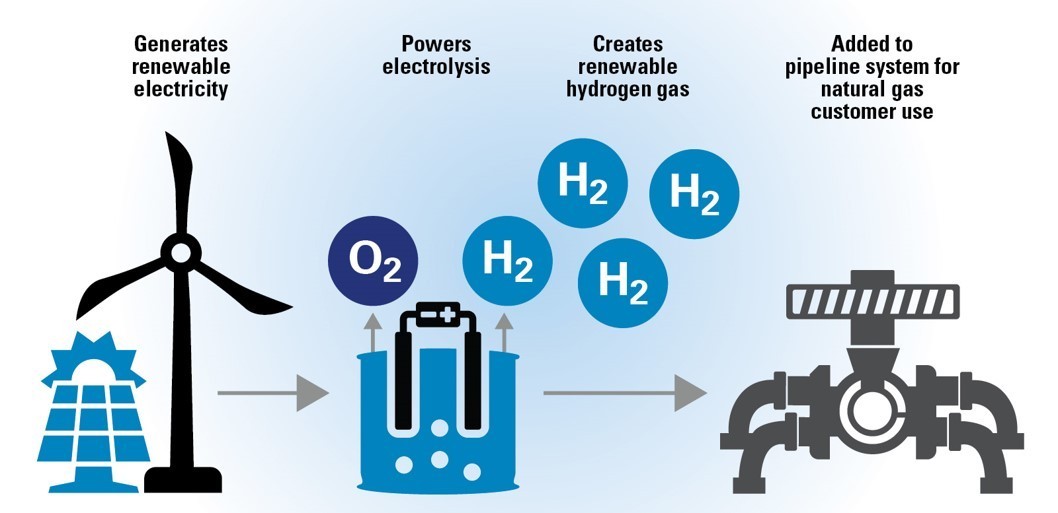Natural Gas Innovation Act: Advancing Minnesota’s clean energy future

As Minnesota’s largest natural gas utility, CenterPoint Energy serves nearly 900,000 residential and business customers in more than 260 communities.
Minnesotans trust us to deliver the essential energy they count on every day, especially on the coldest days. We’re also committed to innovative clean energy solutions and partnerships to reduce greenhouse gas emissions, while also ensuring that our customers continue to have access to the reliable, affordable energy they need.
Our parent company recently committed to industry-leading carbon reduction targets, including cutting our operational emissions by 100% by 2035 and the emissions attributable to our residential and commercial customers’ natural gas use by 20-30% by 2035 (based on 2021 levels).
We’ve already achieved significant emissions reductions by modernizing our infrastructure, deploying cutting-edge technology and helping our customers use energy more efficiently. We’re now poised to expand on these efforts, thanks to a new landmark state law.
Proposed by CenterPoint Energy and passed in 2021 with strong bipartisan support, the Natural Gas Innovation Act (NGIA) creates a regulatory policy to help Minnesota’s natural gas utilities invest in innovative clean energy resources and technologies, such as made-in-Minnesota renewable natural gas and green hydrogen as well as energy efficiency, carbon capture and more.

These innovations offer the potential not only to reduce emissions, but also to diversify Minnesota’s energy supply, improve waste management and support job creation and economic development throughout the state.
Under NGIA, a natural gas utility may submit an “innovation plan” for review and approval by the Minnesota Public Utilities Commission (PUC). CenterPoint Energy looks forward to filing our first innovation plan later this year.
NGIA was the culmination of extensive stakeholder engagement and consultation by CenterPoint Energy, along with support from a broad-based coalition of groups. Chief legislative authors were Rep. Zack Stephenson, DFL-Coon Rapids, and Sen. Bill Weber, R-Luverne.
We continue to engage with stakeholders to implement the law, including participation in a process convened by the Great Plains Institute to develop the frameworks the PUC can use to evaluate the carbon intensity and cost-effectiveness of various innovative resources and technologies.
In the years ahead, Minnesota faces the very complex challenge of reducing carbon emissions while continuing to reliably and affordably meet the state’s heating needs currently served by natural gas. At CenterPoint Energy, we believe this challenge is also an opportunity – an opportunity, supported by NGIA, to explore a range of potential solutions and demonstrate how we can help lead Minnesota to a clean energy future.
Christe Singleton is Vice President-Minnesota Gas with CenterPoint Energy.